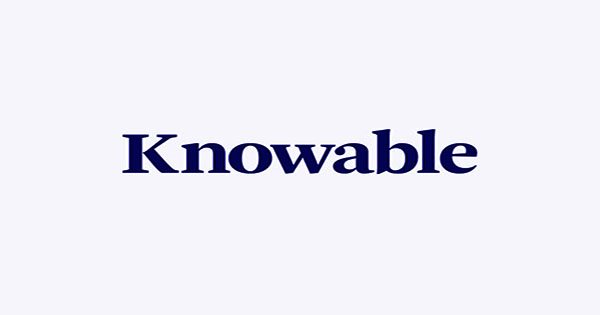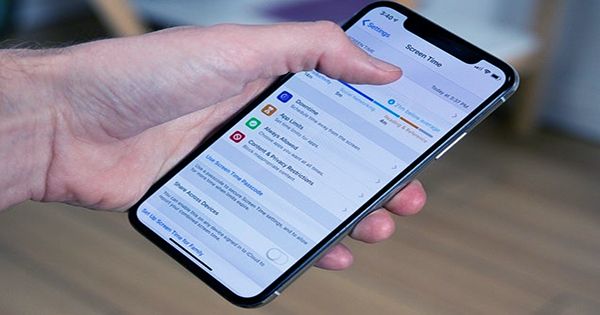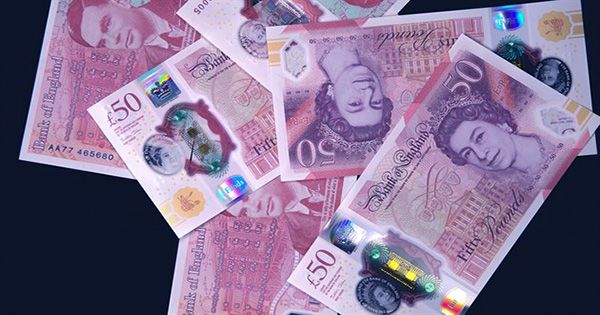Central Bank
Central bank means a financial system allows one institution to control its money supply and interest rates. It is the number one bank of a country under the control of the government Central Bank regulated the money and of the country. It is a national bank that operates to establish monetary and fiscal policy and to control the money supply and interest rate. In modern economies, the central bank is usually responsible for the formulation of monetary policy and the regulation of member banks. It can be a lender of last resort to troubled financial institutions and even governments. The bank manages and controls the expansion and contraction of the supply of money in the economy. Central banks in most developed nations are institutionally independent of political interference. They are the heart of a country’s monetary policy, and their actions exert considerable influence on every aspect of a country’s economy.
Central banks are inherently non-market-based or even anticompetitive institutions. They are responsible for the monetary policy implemented in a country, which includes decisions about interest rates, liquidity control, reserve requirements, and open market operations. They help stabilize the currency of the nation, prevent inflation, and keep unemployment low. However, even if a central bank is not legally owned by the government, its privileges are established and protected by law.
Functions of a central bank may include: The central bank makes sure regular banks have adequate money to pay their customers. Common functions are –
- implementing monetary policies.
- setting the official interest rate.
- controlling the nation’s entire money supply.
- managing the country’s foreign exchange and gold reserves and the Government bonds.
- regulating and supervising the banking industry.
















